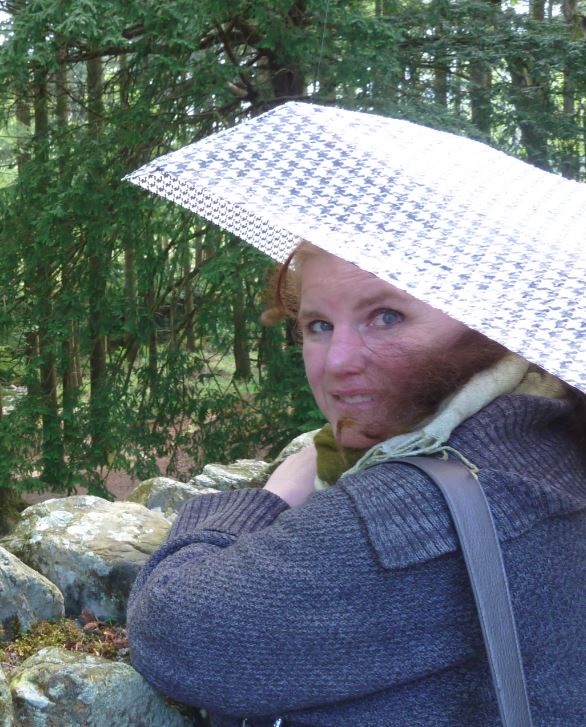Joy. The book was written before the movie. It was marvelous. I didn’t know he had written science fiction until I started this preparing for this project.
Like A Case of Conscience and Childhood’s End, this story deals with “recapitulation,” a science-fictionilization of the biological process of uterine development. These aren’t story lines that I buy into by any means, but The Drowned World is another story whose writing transcends a weak story for the following reasons:
One: This is the science fiction version of Conrad’s Heart of Darkness. Ballard is a gorgeous, poetic writer. Is it hard to read? Yes. Is it even hard to process? Yes. But it is so beautiful, evocative, and mysterious, you don’t care. Comparing a beautiful woman’s muscled back to a python, the image of a rusted crown with wild orchids growing into it. The writing is lush, like the jungle he describes. It makes me wonder if in his other “elemental” novels, does the burning world have hot, crackly writing and the crystal world have luminous, cool writing? Anyway, he draws you into his hot triassic world with every paragraph, stacked like poems, growing like the tendrils of vines. And by the way, jeez louise, how did he manage to create this without a word processor? This was written in the sixties!
Two: And this world is definitely the star of this book. The lagoon becomes a character in its own right, and a character that affects you profoundly. I found myself wondering what other books would have been like, had they been written by this author. Non-Stop, for instance, which I liked immensely... but I felt Ballard could have drawn that world even better. Which then put me onto the side thought: what if authors rewrote versions of other’s stories. What would happen? Like these remakes of all these movies. But back to our story...
Three: Ballard ups the ante on science fiction, because his created world doesn’t just drive and inform his world, it defines his themes. The world is deconstructing back to the beginning of time, peeling back to Adam and Eve, and then... Adam.
The lessons are marvelous and true, but a revelation for me. The very language you choose can evoke your world, and your world can be used to delineate your themes. This concept had been brought to me in an earlier class, but it had not dawned on me until this book just how important and powerful that is, especially in science-fiction, where a world or technology or other science creates the stage for the story. Thank you, Mr. Ballard.

 RSS Feed
RSS Feed